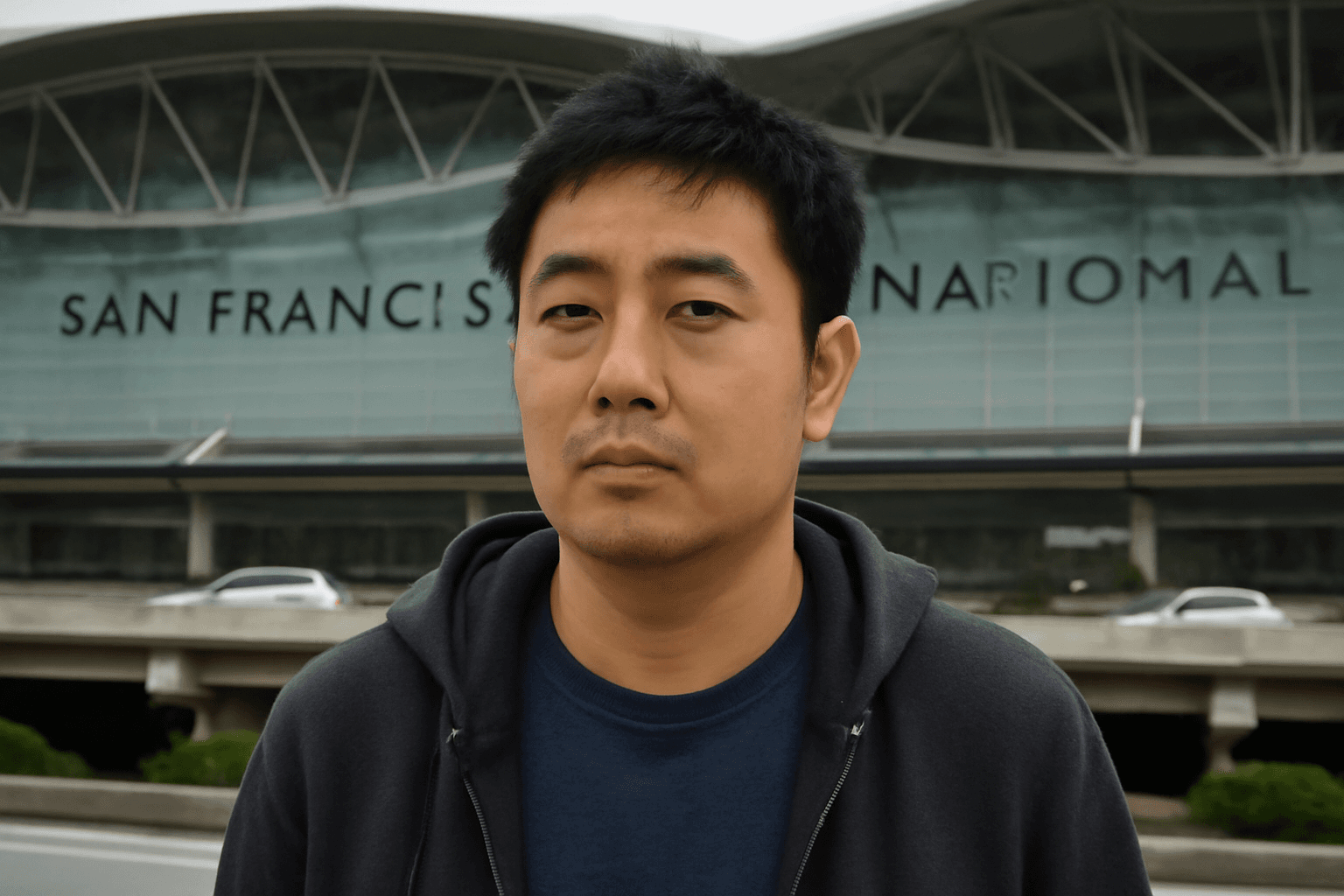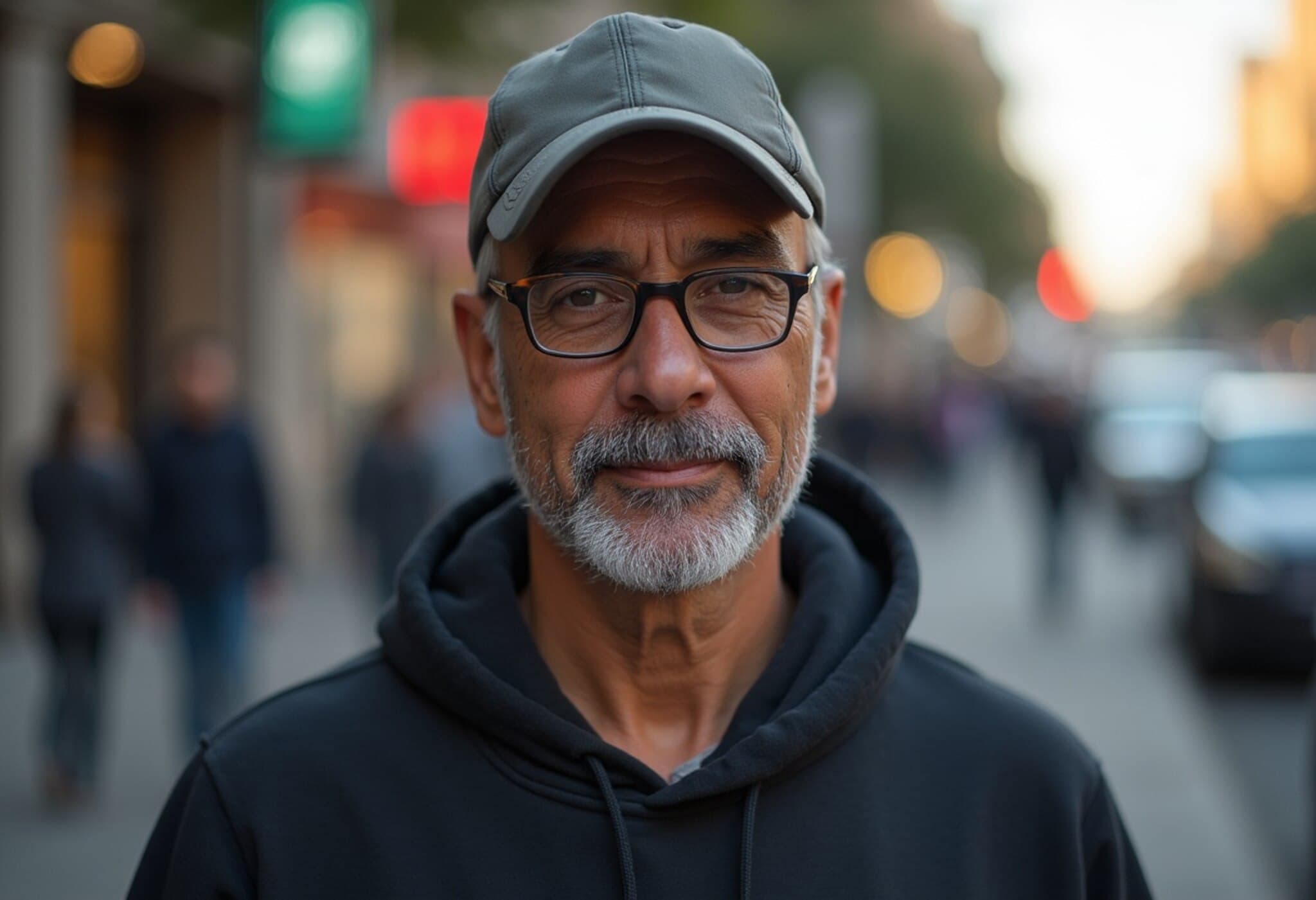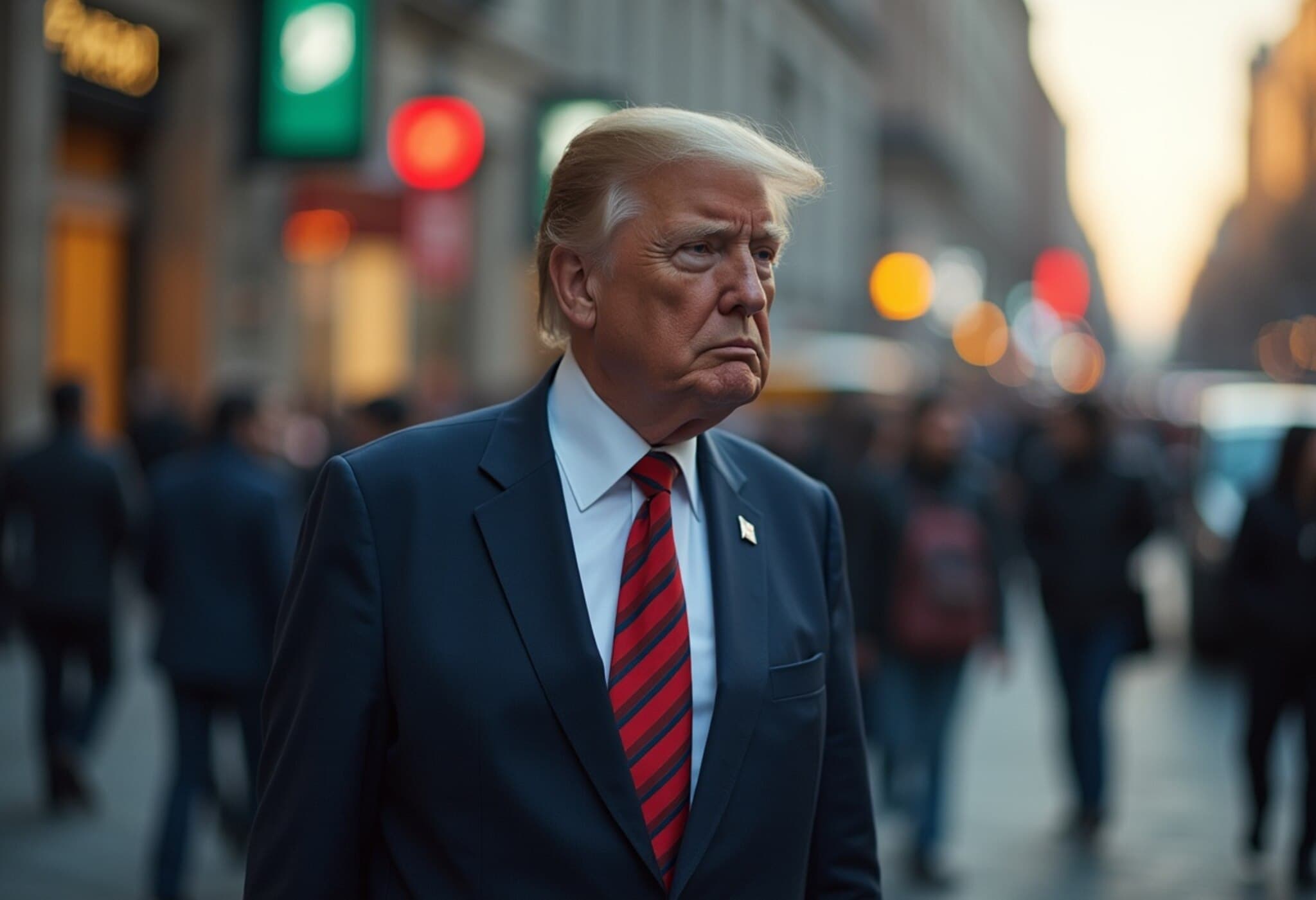Texas Researcher Detained at San Francisco Airport Sparks Legal and Human Rights Concerns
Tae Heung "Will" Kim, a Texas A&M doctoral student and legal permanent resident, has been held for over a week at San Francisco International Airport (SFO), raising urgent questions about immigration enforcement practices in the U.S. What began as a routine return from family visit abroad has turned into a harrowing ordeal involving extended detention in airport holding cells and looming deportation proceedings.
Detention Details and Background
Kim, 40, traveled to South Korea to attend his brother’s wedding and returned to the U.S. on July 21, only to be detained indefinitely by Customs and Border Protection (CBP) officials at SFO. Despite holding a green card and having lived in the United States since age five, Kim has been trapped in a cycle of secondary inspections, confined to windowless rooms during the day, and forced to sleep in airport chairs overnight. During this time, he subsisted on food purchased within the airport—conditions far from those expected for someone with legal permanent resident status.
Currently, Kim is being held in an immigration facility in Arizona, where he faces removal proceedings. His attorneys have yet to be granted direct communication with him, complicating efforts to provide legal representation and ensure his rights are protected.
The Legal Nuance: Past Charge and Immigration Enforcement
CBP cites a 2011 misdemeanor marijuana possession charge in Texas as the legal basis for Kim’s detention, stating that drug offenses can violate the terms of legal permanent residency. However, his legal team points out that he completed community service and had the offense sealed through a nondisclosure petition, effectively removing it from the public record.
This case arrives amid intensified immigration enforcement policies since President Donald Trump’s return to office, aiming to crack down on non-citizens with prior offenses. However, critics argue these policies sometimes sweep too broadly, ensnaring individuals with minor or long-past infractions, prompting conflict with judicial protections.
Human Impact: Family, Health, and Due Process
Kim’s story is more than a legal case; it is about human dignity and the emotional toll on families divided by immigration enforcement. His mother, Yehoon “Sharon” Lee, expressed deep concern over her son’s health, revealing he suffers from asthma and may lack adequate medical care while detained. The family’s history underscores the complexity of U.S. immigration laws—Kim was too old to acquire citizenship automatically when his parents naturalized.
Attorney Karl Krooth emphasized that Kim’s prolonged detention in the airport violates fundamental principles of due process. “The airport is not a detention center, and CBP officers serve as interrogators rather than impartial adjudicators,” he noted, highlighting troubling procedural opacity and rights infringements.
Broader Implications and Underlying Questions
- Due Process at U.S. Ports of Entry: How are constitutional protections applied when green card holders face indefinite detention without clear charges or timely hearings?
- Impact of Past Minor Offenses: To what extent should decades-old minor charges sealed by the courts affect immigration status?
- Mental and Physical Health: What obligations do federal detention facilities have for vulnerable detainees with medical conditions?
- Legal Access and Transparency: How can the system ensure detainees have timely access to legal counsel and family communication?
This case highlights potential inconsistencies in immigration enforcement and the human cost behind policy decisions. It also sheds light on the challenges faced by legal permanent residents who are not citizens but have deep roots in American society.
Expert Insight: Navigating Complex Immigration Terrain
From a policy perspective, Kim’s detention raises pressing issues in balancing border security with civil liberties. Experts warn that creating a detention environment where legal residents are held in limbo undermines trust in the immigration system and risks violating constitutional rights.
Moreover, as states increasingly legalize marijuana, the federal government's stringent stance on historic drug charges may conflict with evolving social norms and laws—adding complexity to immigration cases like Kim’s.
Conclusion
This story serves as a poignant reminder of the human faces behind immigration enforcement numbers and policies. Kim’s case forces policymakers, legal authorities, and the public to grapple with tough questions about justice, compassion, and the definition of belonging in 21st-century America.
Editor’s Note
Tae Heung Kim’s prolonged detention despite his legal permanent resident status shines a spotlight on systemic challenges in U.S. immigration enforcement. This case urges a closer examination of due process protections at borders, the impact of past minor offenses in immigration law, and the human costs of prolonged detention. As immigration policy continues to evolve, stories like Kim’s demand a thoughtful, compassionate approach balancing security with fundamental rights.












